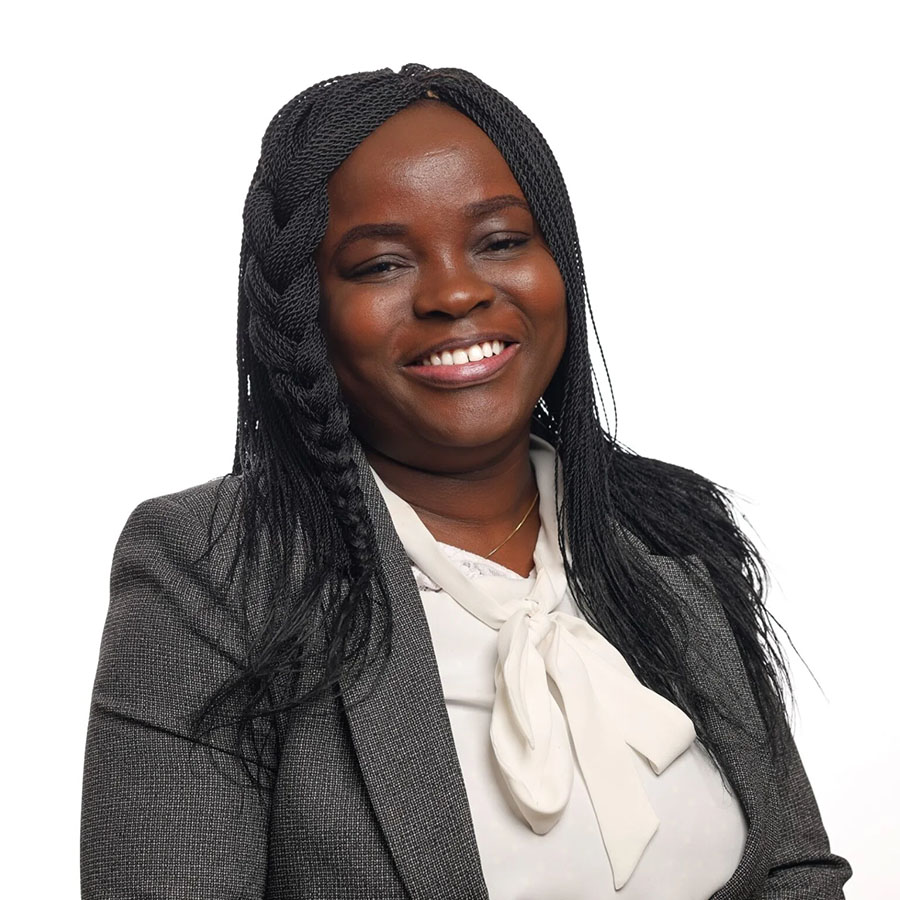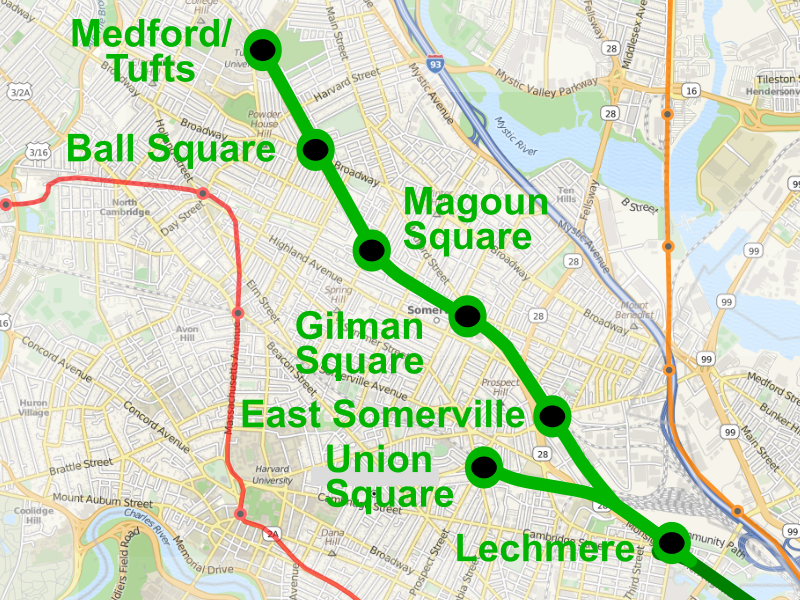This is the fourth in a five-part blog series by HNMCP Clinical Instructor and Lecturer on Law Heather Scheiwe Kulp on advice to law students and young professionals interested in ADR as a career. The series is intended to examine the fallacies our students often hear, and to give us tools for both combating the fallacies and responding with more positive advice. Comments are welcomed!
Fallacy #4. There are no ADR jobs for recent graduates
I will be the first to say that an ADR career often requires an entrepreneurial mindset and value-creating skills (and in fact I was quoted on p. 31 of Dispute Resolution Magazine1 saying just that). But this does not mean an ADR professional has to create a job just to have one.
While this profession is not a conveyor belt like Big Law, it’s also not all “create-your-own.” Geetha Ravindra and Timothy K. Hedeen’s article cites George Mason University’s Conflict Analysis and Resolution graduate employment rate in the field at 88% (p. 14), and not all of those graduates are inventing jobs. The U.S. government has a sophisticated network of ADR roles in each agency; departments of 50+ employees may handle everything from workplace conflicts to programmatic consumer complaints. Law firms are creating international arbitration practices to keep up with the increased demand for ADR services around the globe. Websites featuring ADR jobs frequently post new opportunities.
Unfortunately, law students see very few first-career ADR professionals; only a few were featured in the Magazine and I have seen few speaking on career panels or at ADR symposia. This lack of models (especially when there are many of us out there!) not surprisingly seemed to discourage, rather than encourage, the one “new” ADR professional featured in the Magazine: third-year law student Adam Martin. After interviewing two commercial litigators who became arbitrators, he reflects somewhat sadly, “[T]heir journeys were not short ones . . . Twenty years from now, I hope to serve in this intriguing field . . .” (p. 29).
Argh! Another promising law student unnecessarily lost! Why are we prompting people—talented, bright, willing people—to wait twenty years to get into this field?!?
I have some good news for you, Adam: there are ADR possibilities in many places right now—if one is willing to be creative, make connections, and offer to add value where you see a need.








